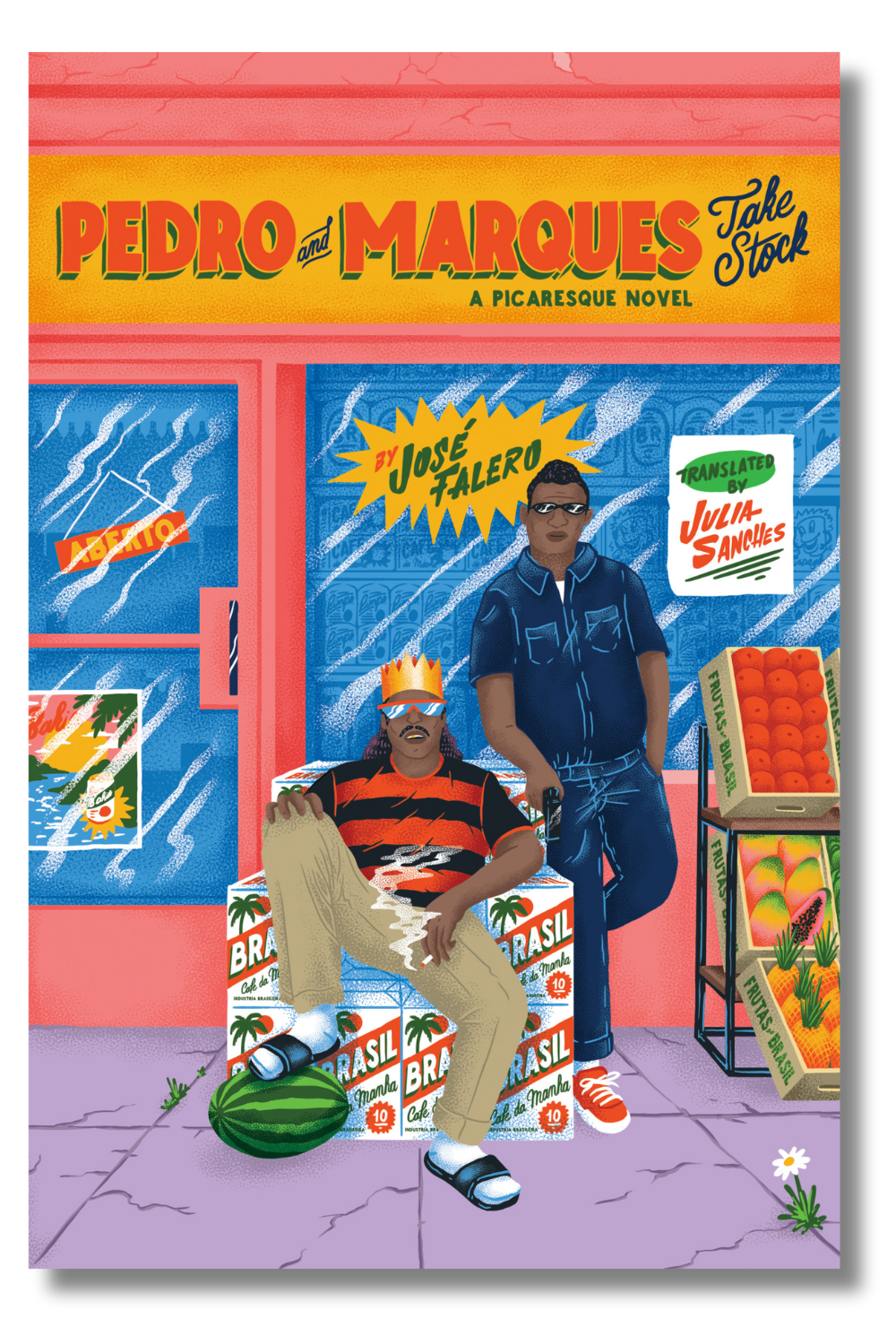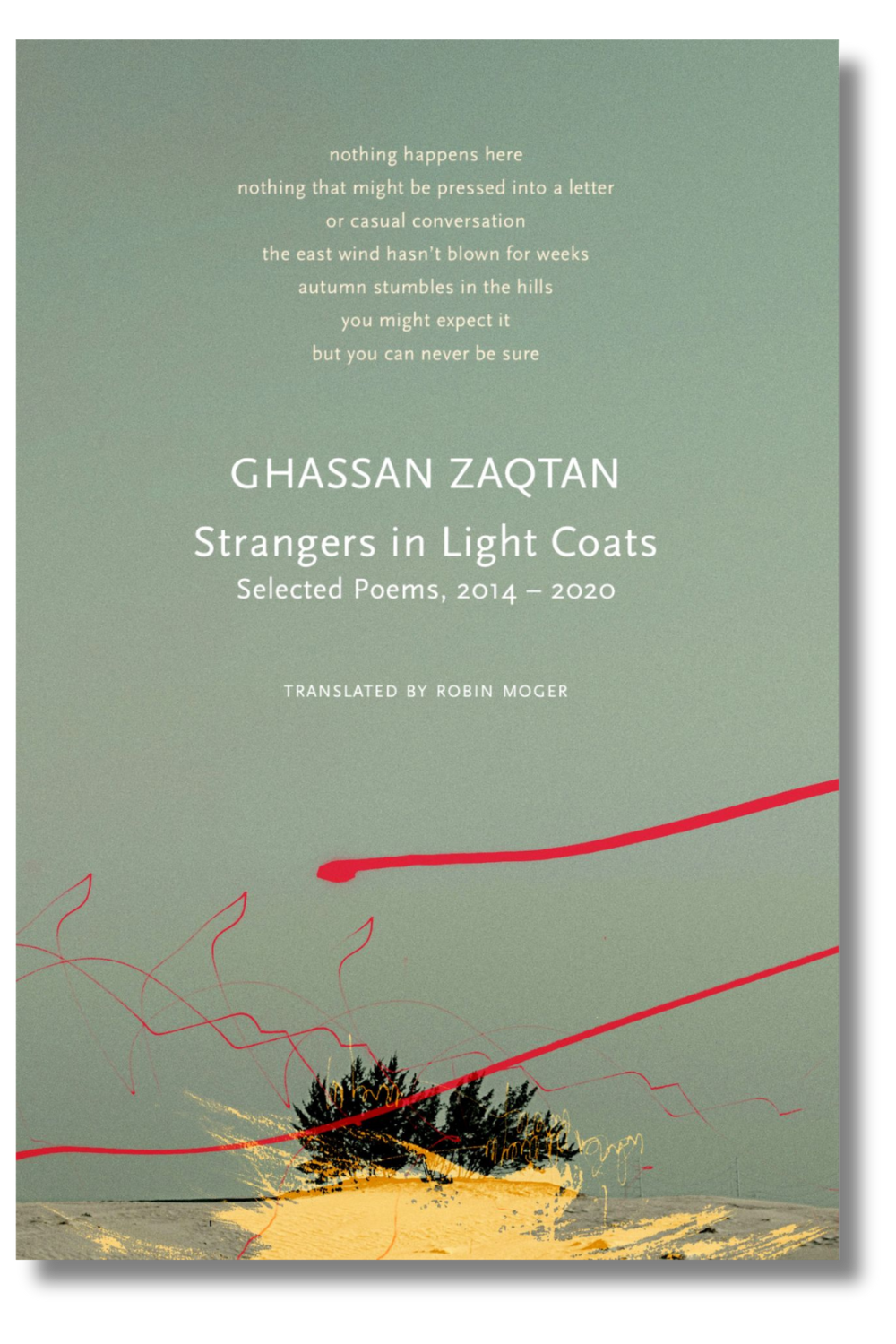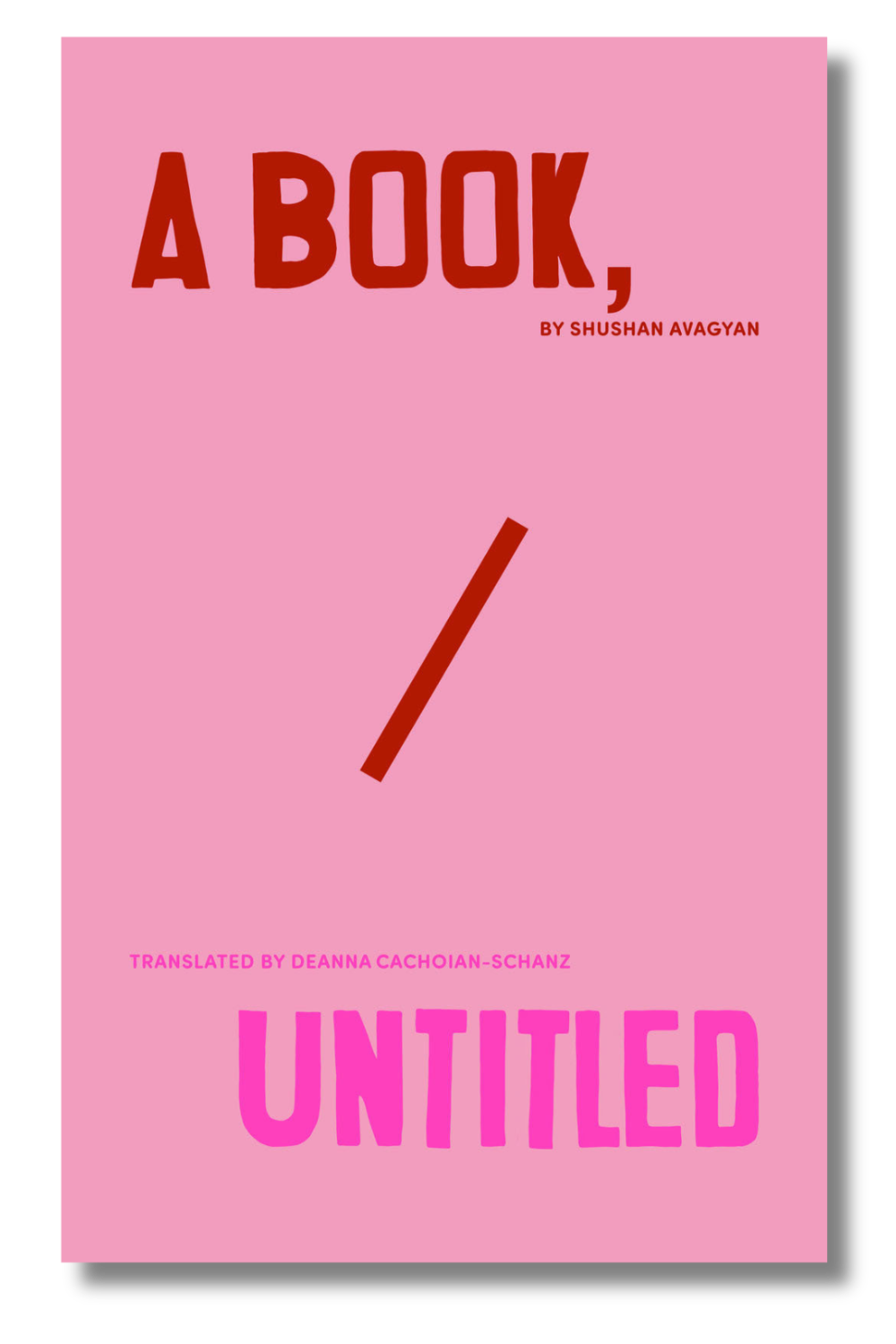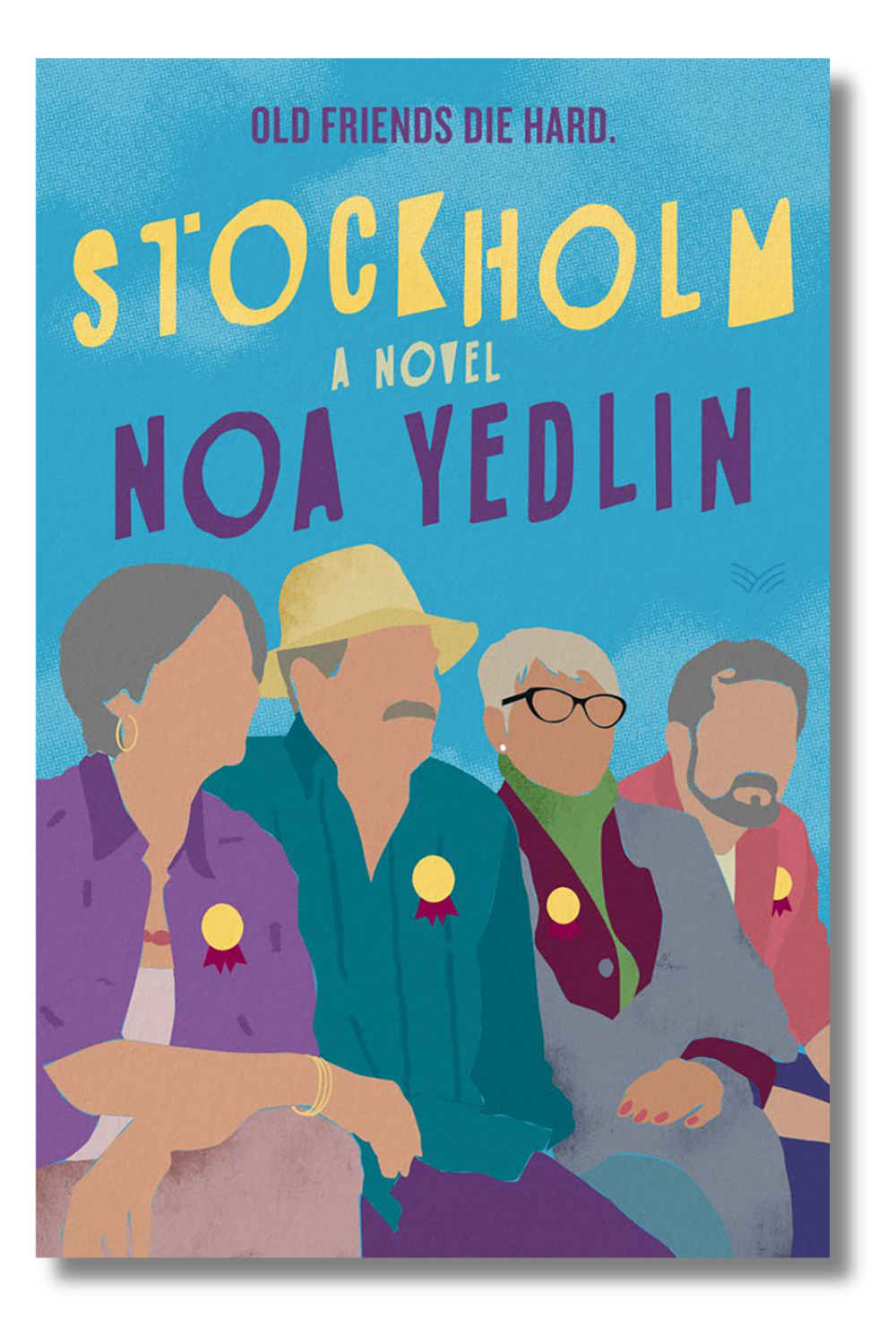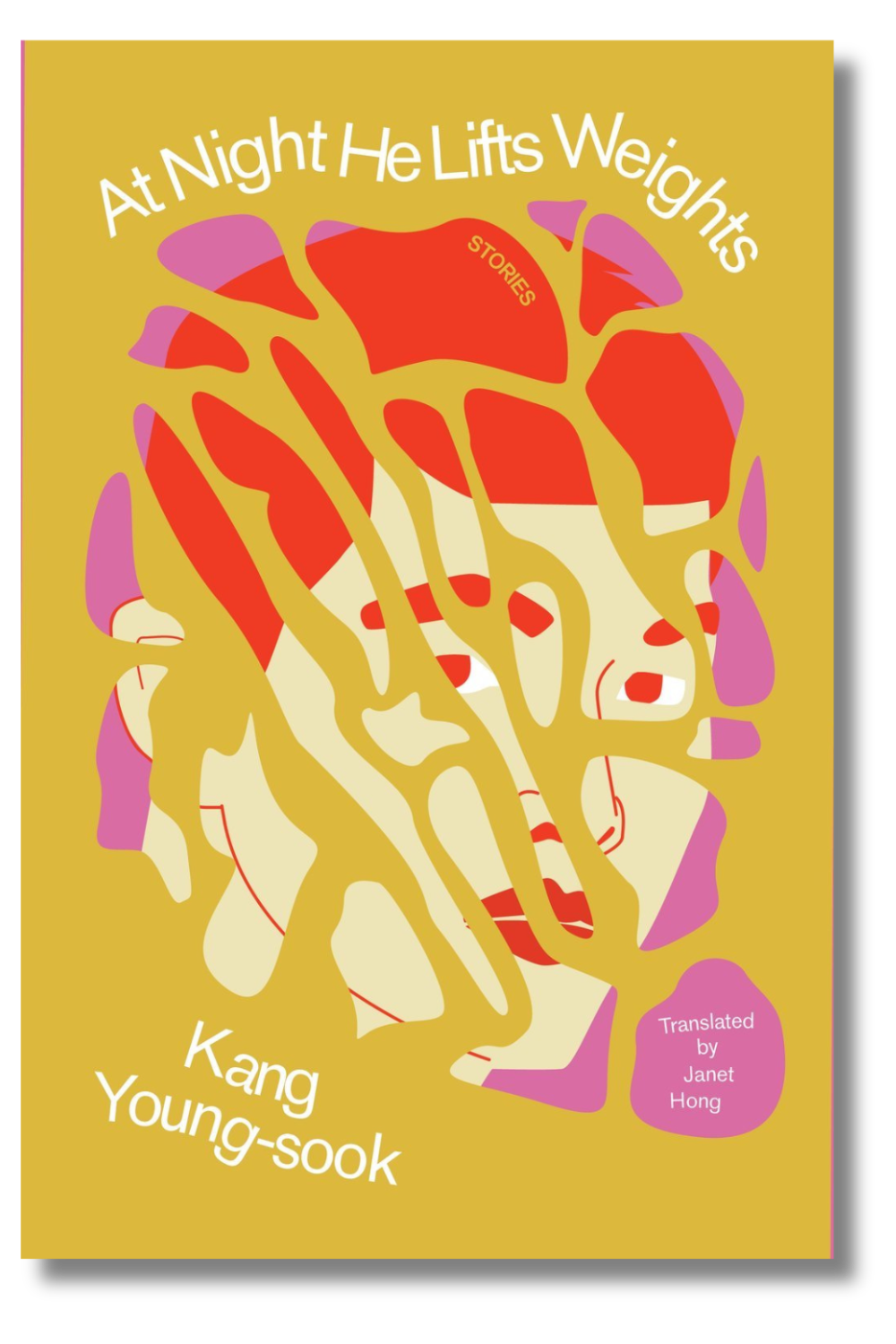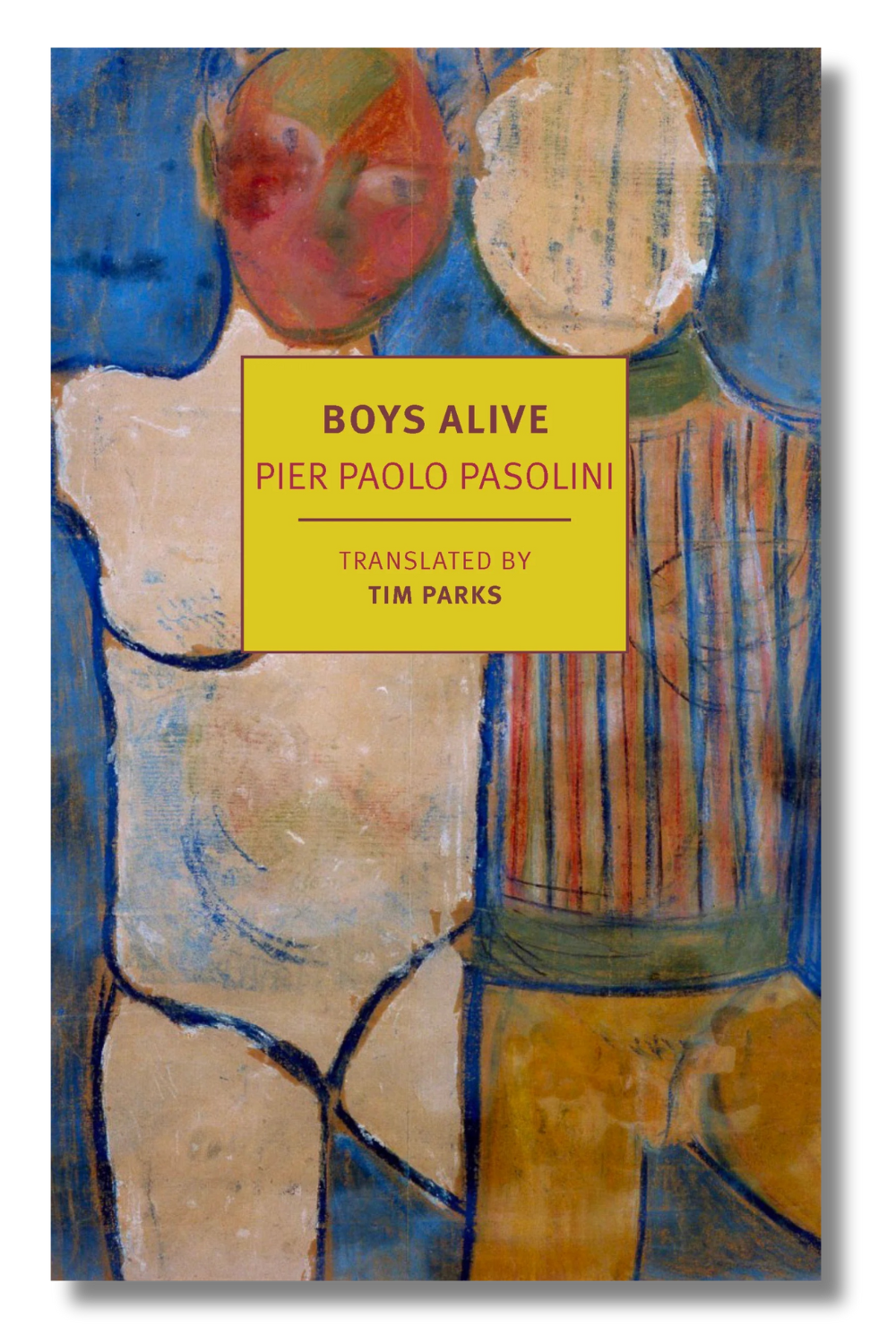From Astra House | Pedro and Marques Take Stock by José Falero, translated from the Portuguese by Julia Sanches | Fiction | 304 pages | ISBN 9781662601231 | US$25.00
What the publisher says: “A witty, voice-driven, and electrifying portrait of poverty and a canny examination of the ethics of drug dealing and low-wage labor in the underbelly of Brazil, Pedro and Marques Take Stock is a contemporary picaresque novel of class and crime.”
What Kirkus Reviews says: “[O]nce they hatch a scheme to finally move up in the world, the two friends spend the duration toeing that line, eager to attain power and dignity without betraying their values. Falero tells this story in delightful prose. Meandering sentences and wry repetitions breathe personality into the characters’ inner lives, and the landscape of Porto Alegre’s slums is rendered with forlorn affection.”
What I say: Two friends embark on a complex scheme to enter the world of drug dealing, all the while maintaining their retail jobs as their lives grow more and more complicated. Falero’s novel is an occasionally jarring read, both for the moments of violence that punctuate it and for its forays into literary, political, and philosophical history. (Both Karl Marx and Joaquim Maria Machado de Assis are alluded to in the novel’s first half.) It’s an engrossing take on the classic picaresque form, updated for contemporary Brazil.
From Seagull Books | Strangers in Light Coats: Selected Poems, 2014–2020 by Ghassan Zaqtan, translated from the Arabic by Robin Moger | Poetry | 96 pages | ISBN 9781803092386 | US$21.00
What the publisher says: “Catching and holding the smallest particles of observation and experience in their gravity, the poems sprout and grow as though compelled, a trance of process in which fable, myth, and elegy take form only to fall apart and reconfigure, each line picked apart by the next and brought into the new body.”
What The Caravan says: “A compilation of work by one of the most well-known contemporary Palestinian poets, this collection of Zaqtan’s poems from 2014 to 2020, translated into English for the first time, draws from six volumes of his poetry.”
What I say: A mood of memory, regret, and longing runs powerfully through these poems, with Zaqtan’s words in Moger’s translation summoning up a shifting array of characters and geographies both literal and temporal. And there are moments when Zaqtan’s words crystallize difficult, even impossible, conversations: “The woman whose husband the sniper we killed in the last war was searching, like us, for the road to the lakes. / We shared our bread on the road, and to pass the time / we talked of the dead.”
From Tilted Axis Press | A Book, Untitled by Shushan Avagyan, translated from the Armenian by Deanna Cachoian-Schanz | Fiction | 222 pages | ISBN 9781736765951 | US$24.00
What the publisher says: “What is history, undocumented? How do we archive censored lives? A poetic reflection on authorship and erasure, A Book, Untitled is an intimate and innovative approach to autofiction and the act of remembering.”
What Lisa Gulesserian at the Armenian Weekly says: “In 26.5 chapters, Avagyan’s ambitious novel moves nonlinearly through the multiple time frames of the novel’s four ‘authors’: a pair of historical figures (the early twentieth-century Armenian writers Shushanik Kurghinian and Zabel Yessayan) and a pair of contemporary figures (two twenty-first-century researchers discussing their efforts to find Kurghinian and Yessayan in the archive library of the Museum of Literature and Art in Yerevan). [. . .] As Avagyan rescues historical figures in A Book, Untitled, she also frees genres from their calcified conventions.”
What I say: Translator Deanna Cachoian-Schanz’s introduction provides some useful context for readers unsure of the history (literary and otherwise) that suffuses A Book, Untitled. This is a book like little else I’ve read, though readers drawn to the works of Bhanu Kapil, Kate Zambreno, and Ali Smith—and up for a combination of formal playfulness with serious thematic reckoning—will find plenty to savor here.
Read an excerpt of A Book, Untitled on WWB.
From HarperVia | Stockholm by Noa Yedlin, translated from the Hebrew by Jessica Cohen | Fiction | 384 pages | ISBN 9780063310810 | US$30.00
What the publisher says: “Avishay is up for the Nobel Prize for Economics. There’s just one problem—he’s dead. His four closest friends agree that the well-earned prize must stay within his grasp, and so conspire to conceal Avishay’s corpse until the committee’s announcement.”
What Yardenne Greenspan at Ploughshares says: “As the novel switches between points of view, the intricacies of the protagonists’ decades-long friendship are revealed: the inner circles, the debts of gratitude, the unresolvable tensions, the inconsolable insults. These social dynamics inform and are informed by each character’s personal history, big life events, and the scars they carry with them . . .”
What I say: I was not expecting a reference to the 1998 film Waking Ned Devine in the pages of this bleak comedy, and yet there one was. That said, it’s fitting for this tale of a group of aging friends attempting to pull off a cover-up fraught with ethical and legal conundrums—if nothing else, an arthouse charmer from Ireland would be a more likely reference point for these characters than, say, Weekend at Bernie’s. And in the category of novels about very smart people making very dubious decisions (see also: Ian McEwan’s Amsterdam), this book has plenty of both to offer.
From Transit Books | At Night He Lifts Weights by Kang Young-sook, translated from the Korean by Janet Hong | Fiction | 225 pages | ISBN 9781945492709 | US$16.95
What the publisher says: “A disquieting vision of ecological dystopia in a collection by a major Korean writer. [. . .] Beneath the calm surface of the stories collected here, Kang Young-sook offers a disquieting vision of a society grappling with ecological catastrophe and unplaceable forms of loss.”
What translator Janet Hong says in the Chicago Review of Books: “In At Night He Lifts Weights, Kang Young-sook has captured a sense of social and individual unease, touching on a wide range of topics from labor unrest and government corruption to protests and demonstrations. These issues form the backdrop of the collection and reflect the lived experiences of Koreans, especially those navigating the complexities of the 2000s and 2010s.”
What I say: Much as the title of this collection evokes a kind of physical exertion, so too do the stories within hum with a visceral quality. Sometimes, that quality works to turn the bizarre into something familiar; at others, it magnifies the extraordinary and often disconcerting experiences of these stories’ protagonists. The opener, “From Mullae,” blends the narrator’s nightmares with an equally uncanny and hostile reality—think mass bird deaths, for one thing—which establishes a sense that anything could happen in these tales. Spoiler: it usually does.
From NYRB Classics | Boys Alive by Pier Paolo Pasolini, translated from the Italian by Tim Parks | Fiction | 224 pages | ISBN 9781681377629 | US$16.95
What the publisher says: “Written in the aftermath of Pasolini’s move from the provinces to Rome, the novel captures the hunger and anger, waywardness and squalor of the big city. The life of the novel is the life of the city streets; from the streets, too, come its raw, mongrel, assaultive language.”
What Souli Bouthis at The Rumpus says: “Both nuance of tone and specificity of reference make Boys Alive, on occasion, a challenge to read (but no more than, say, Elena Ferrante’s Neapolitan novels). Translator Tim Parks does commendable work in the service of this great but necessarily untranslatable tale.”
What I say: Episodic and unpredictable, this novel is one of two works in this month’s column to move effortlessly between scenes of everyday life and moments when characters find their lives in extraordinary danger. (Pedro and Marques Take Stock is the other.) It’s no easy feat to evoke both the exuberance of young men coming of age and the stark state of post-World War II Italy; Pasolini, in Parks’s translation, does a striking job of it.
Copyright © 2023 by Tobias Carroll. All rights reserved.









